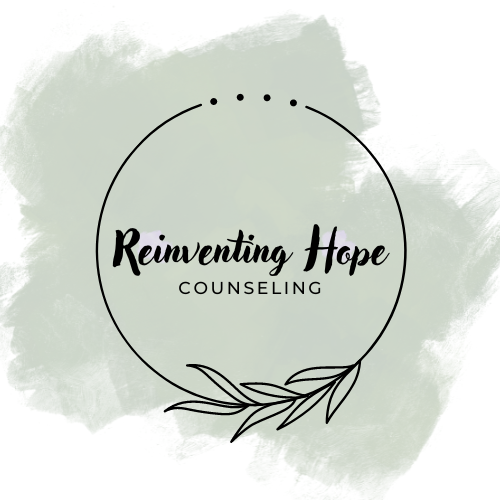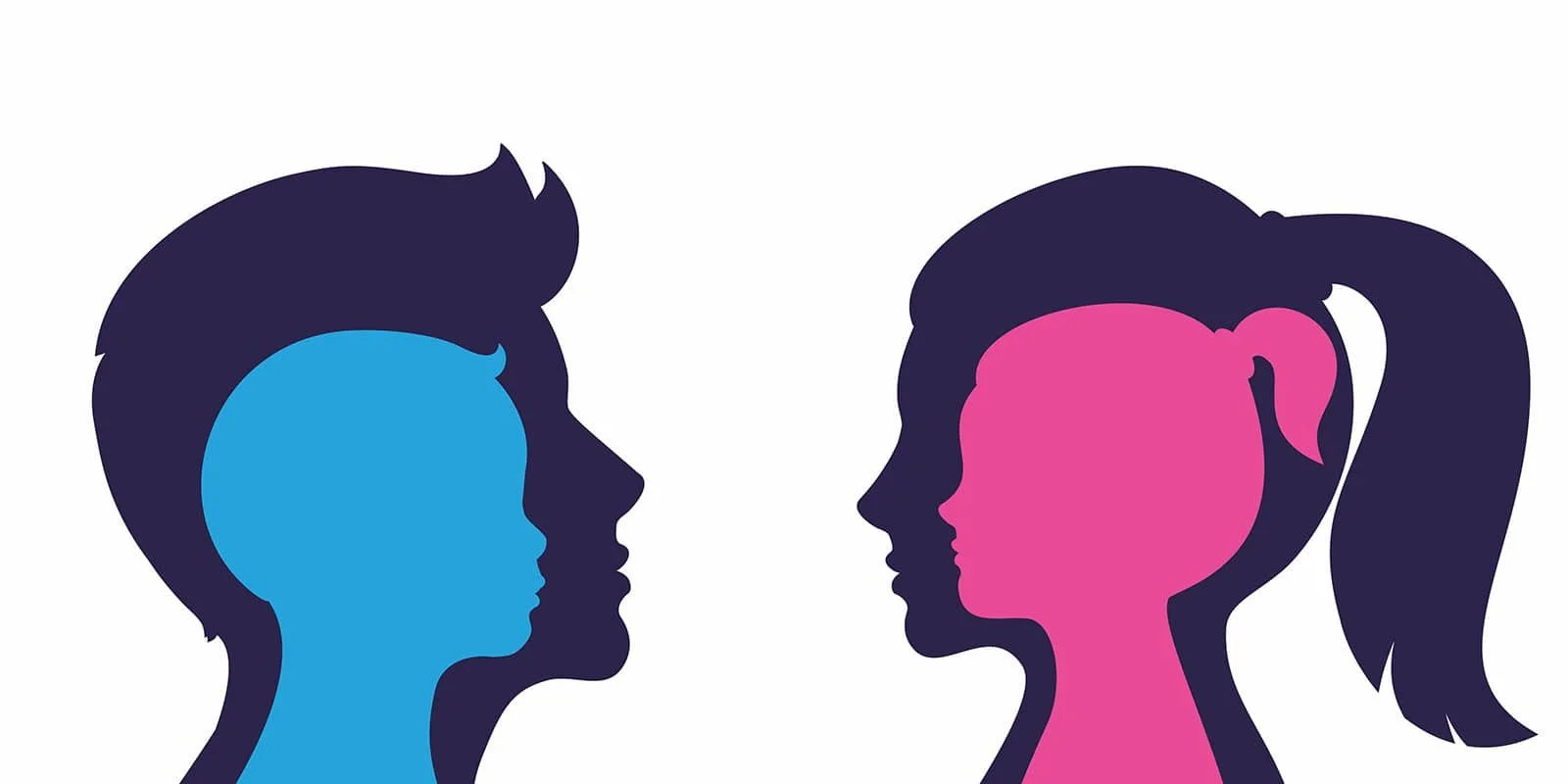How Childhood Trauma Affects Adulthood
How Childhood Trauma Affects Adulthood
When I was training to be a therapist, I learned about the long-term effects of childhood trauma, however, I didn't quite understand the impact it carries into adulthood until I was in the field working day in and day out with individuals. How traumatic events and early experiences (whether a client’s childhood was “perfect” or a “nightmare”) could shape their entire lives mentally, emotionally, and physically if left unresolved.
Unfortunately, childhood trauma is all too common. According to the National Child Traumatic Stress Network, more than two thirds of children experience at least one traumatic event by the time they turn sixteen.
Common long term effects of childhood trauma in adults I have noticed include:
Negative self talk: You talk to yourself in ways you would never talk to someone else. You have a constant running to-do list, feeling like you are never doing enough.
Relationship problems: You have a hard time trusting anyone, even yourself. You find it challenging to maintain healthy personal and professional relationships, lack boundaries, or tend to withdraw.
Career problems: You find yourself underachieving, doubting your abilities, downplaying your accomplishments, constantly getting fired from jobs, or have fears of failure.
Mental health problems: You show signs of additional mental health issues including anxiety, depression, or PTSD.
Physical health problems: You may have chronic headaches, cancer, digestive issues, high blood pressure, heart disease, autoimmune disorders, or chronic pain.
An escape plan: You find ways to “escape” life through substances, sex, food, OCD tendencies or others.
It is not uncommon for people who have experienced childhood trauma to feel like they're all alone in the world. If you are currently struggling to overcome your own trauma (or identified yourself in some of the above symptoms), know that you are not alone—and there is hope.
Ways to overcome childhood trauma:
Acknowledge the trauma: Healing comes from recognizing that it did occur, identifying how it continues to impact your life, and knowing you were not responsible for it.
Improve your self-talk: Talk to yourself like you would a friend and celebrate your strengths. Be the person you needed as a kid.
Align your values. Identify what is important to you in life and make small changes towards those values that you can start implementing today.
Pinpoint patterns: Notice recurring cycles you get stuck in and how current habits may be triggering your trauma.
Build healthy coping skills. Find new, healthy ways of coping such as exercising, journaling, creating a routine, and deep breathing exercises.
Find a support group. There are many groups available for people who have experienced childhood trauma. This can be a great way to meet others who understand what you're going through and offer support and advice.
Seek professional help. Therapy can be a powerful way to challenge those fundamental thoughts and traumatic experiences in a safe, supportive environment. It means having someone who is in your corner to help guide you through the healing process.
Richard Kadrey said “when you're born in a burning house, you think the whole world is on fire. But it's not.” What a quote to encompass the impact childhood trauma can have on adults if left untreated. How childhood trauma affects adults varies per individual, but there is hope. Working with this clientele I get to see firsthand how overcoming the trauma can lead to better mental health and freedom. Where one’s future is built on healing rather than dictated by the past.
Additional resources:
https://cptsdfoundation.org/2023/07/19/how-to-heal-from-a-toxic-childhood/

